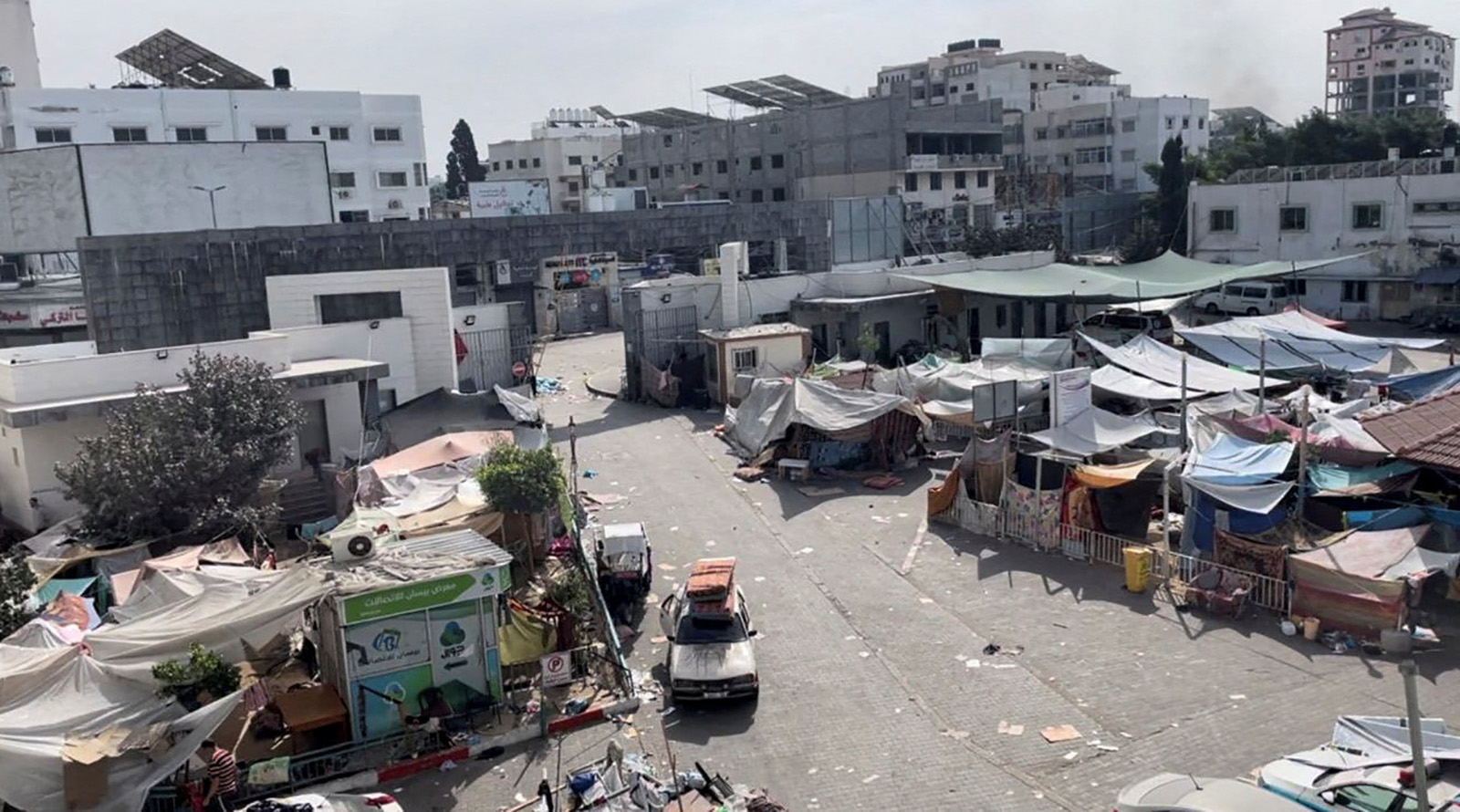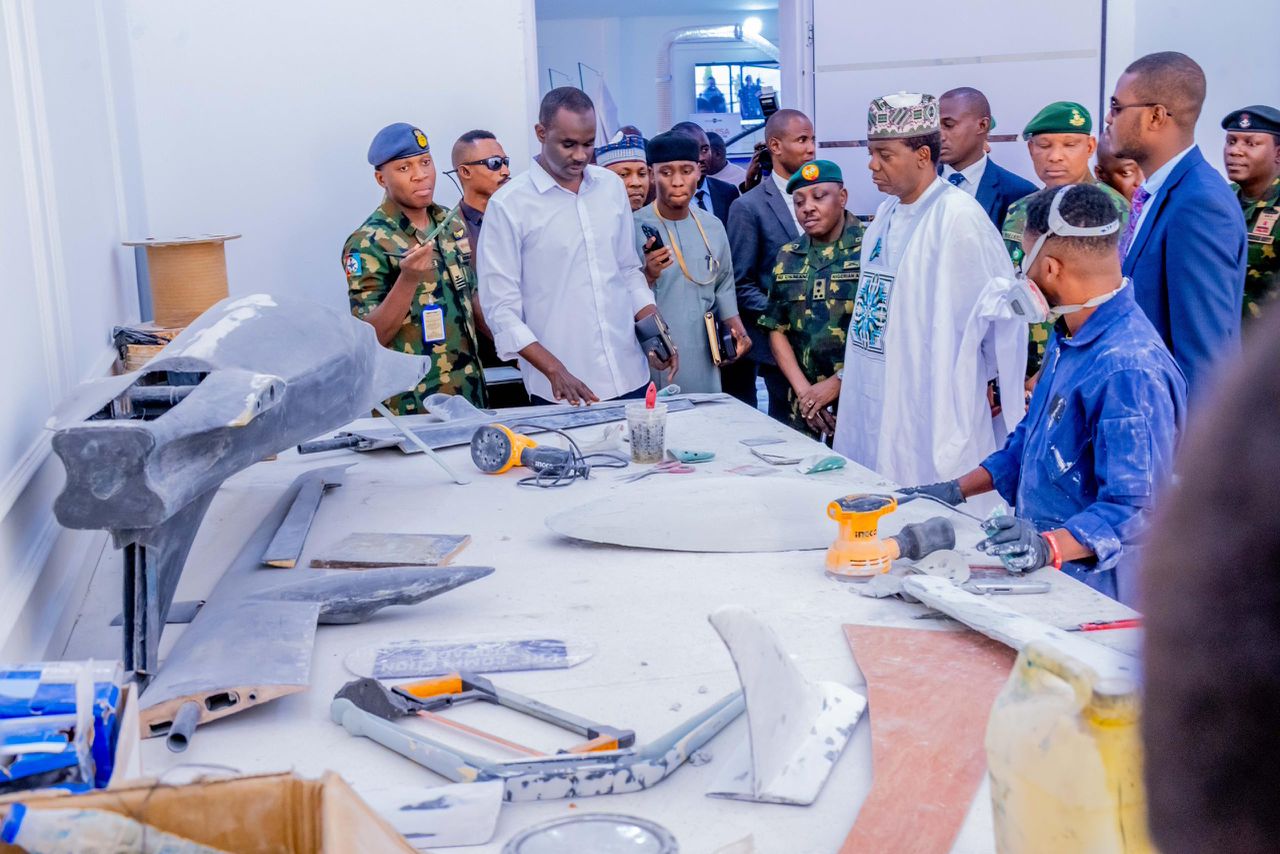In the midst of Israel’s conflict with Hamas, Al-Shifa, Gaza’s largest hospital, has become a focal point, sparking intense debates and conflicting narratives. This article delves into the key aspects surrounding the controversy, shedding light on different perspectives.
The intricate details of Israel’s raid on Al-Shifa Hospital in Gaza, examining the accusations, counterclaims, and the humanitarian crisis unfolding within its walls. Uncover the UN’s call for an independent investigation and the challenges faced by Palestinian civilians seeking refuge.

- Israel’s Allegations and Intelligence Claims: Israel contends that Hamas is operating from tunnels beneath Al-Shifa, asserting that the hospital serves as a shield for its military operations. Despite claims of finding a tunnel shaft and military equipment, conclusive evidence of a large-scale command center remains elusive.
As the Israel Defense Forces (IDF) releases intelligence-based videos and presentations, questions arise about the authenticity and verifiability of the information. The international community grapples with the difficulty of corroborating these claims, highlighting the challenges of navigating a conflict zone.
- Hamas’ Denial and Counteraccusations: Hamas vehemently denies the allegations, stating that hospitals are solely used for treating patients. Accusing the US of endorsing a false narrative, Hamas faces off against Israel’s claims, challenging the credibility of the intelligence provided.
The geopolitical ramifications of this denial are significant, with regional players responding to the conflicting narratives. The lack of a consensus on the ground further complicates efforts to discern the truth, adding layers of complexity to an already volatile situation.
- Challenges to Verification: The IDF presents an illustrated video depicting the alleged Hamas headquarters under Al-Shifa. However, CNN and the UN are unable to independently verify these claims, highlighting the complexity of validating the information amid the ongoing conflict.
International organizations and media outlets grapple with the ethical and logistical challenges of reporting from conflict zones. The need for impartial and reliable sources becomes increasingly apparent, raising questions about the role of media in shaping public perception during times of crisis.
- Humanitarian Crisis at Al-Shifa: Israel’s assault on Al-Shifa exacerbates a dire humanitarian situation, with power shortages leading to the loss of lives, especially among ICU patients. The Palestinian Ministry of Health reports casualties due to the lack of electricity amid Israel’s fuel blockade, intensifying the already grim conditions.
Humanitarian agencies and advocates call for urgent intervention to address the crisis within Al-Shifa. The impact on vulnerable populations, including premature babies and those reliant on life-saving medical equipment, underscores the urgency of finding a resolution to the conflict.
- UN’s Call for Access and Independent Investigation: The United Nations, represented by Volker Türk, demands access to Al-Shifa for an independent international investigation. Türk emphasizes the need for clarity in competing narratives, stating that civilian hospitals should not be utilized for military purposes while urging against attacks without clear evidence.

Tents and shelters used by displaced Palestinians stand at the yard of Al Shifa hospital during the Israeli ground operation around the hospital, in Gaza City November 12, 2023. Ahmed El Mokhallalati/via REUTERS THIS IMAGE HAS BEEN SUPPLIED BY A THIRD PARTY. - The UN’s involvement adds a diplomatic dimension to the crisis, as international pressure mounts for a transparent investigation. The complexities of navigating geopolitical interests while seeking truth underscore the challenges inherent in addressing conflicts that impact civilian infrastructure.
The situation surrounding Al-Shifa Hospital underscores the complexities of warfare in densely populated areas, with a pressing need for transparent investigations to ascertain the truth amidst conflicting claims.





